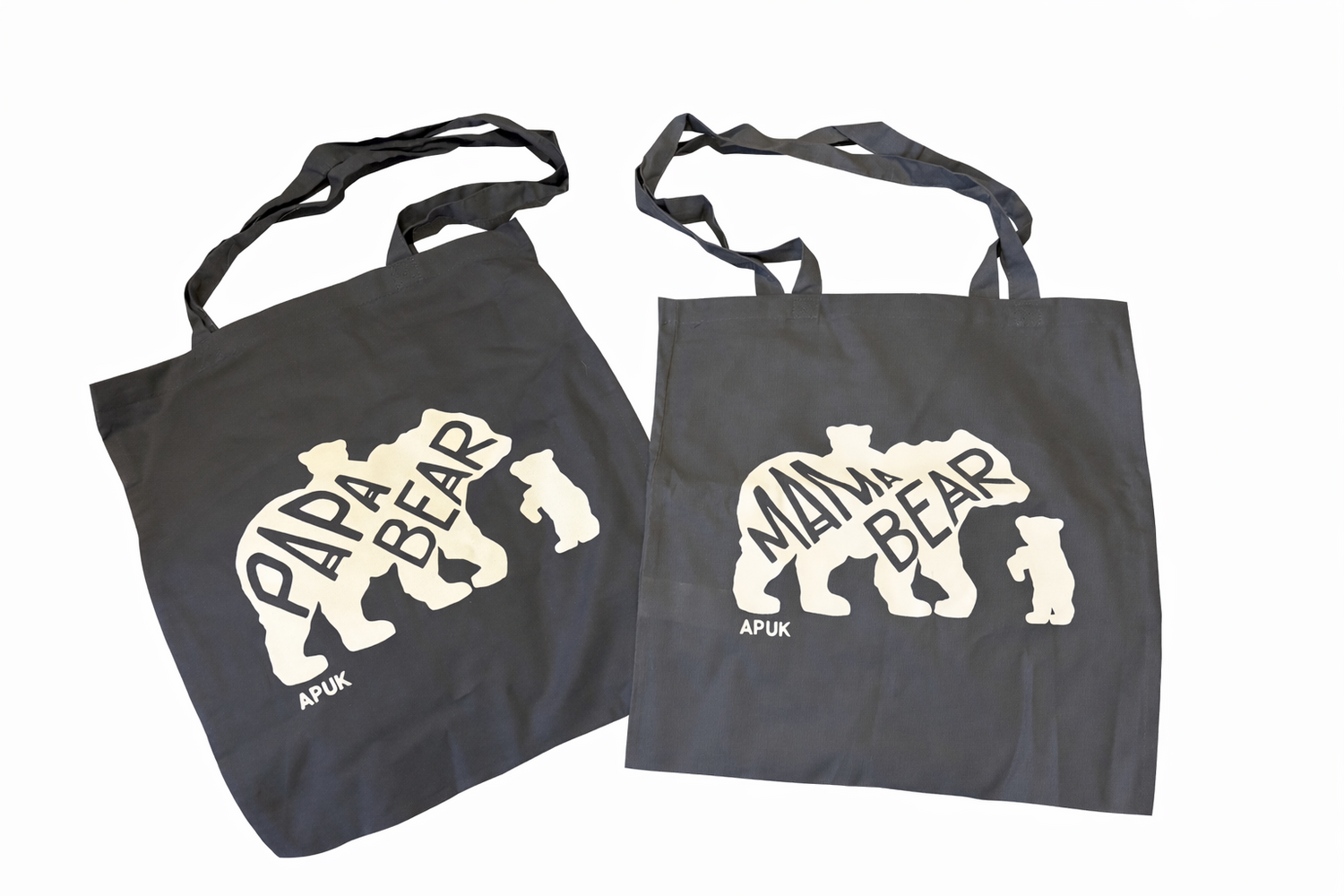
I’ve met a lot of people who see baby signing as just another one of those baby activities. For some, maybe it is. For me, it holds a special place in my heart. I have two boys, Owen, nearly 6, and Thomas, 3. Although we no longer sign, I remember the times fondly and all the memories it created.
I only came across baby signing when looking for a baby activity my other half and I could attend. We both worked full-time and everything was on weekdays. All but one baby signing class. No other dads were there. We enjoyed singing and signing, while our precocious six-month-old, Owen, crawled about and explored the room. Three years later, when we attended the same class with Thomas, there were at least three other dads. Times seemed to be changing and families were realizing the value and benefits of baby signing.
We attended regularly until Owen was too old for the toddler classes. Owen didn’t seem to take anything in during classes. He preferred to explore and climb on anything he could find. My other half and I loved the classes, so kept going. We practiced our signs at home all the time. We would speak and simultaneously sign what signs we learned.
We’re a bilingual household, where I speak French to our sons and my other half has a very limited understanding of French. Although not advertised as a benefit, signing created a bridge in our family with signing as the common language. We aren’t the only ones who find singing beneficial in multi-language households.
“I’ve found signing helpful in teaching Hebrew alongside English,” says Skye, mum of four. “I can say Hebrew words while signing words they know in English to help the children make the connection between the two. Signing was helpful when we were visiting family in Israel. Instructions were spoken in Hebrew combined with signs they were familiar with. It really helped improve their Hebrew.”
Possibly the biggest advantage of signing is its ability to reduce communication frustration. Owen was about eight months when one day during breakfast, he put his hand to his mouth when he finished eating and stared at me expectantly. Had he just signed “eat”? I thought it was a coincidence and didn’t think much about it. Later in the day at the park, he pointed to a bird and put his fingers together. Did he just sign bird? That was definitely not a coincidence. From that day on, he signed all the time. His nanny was amazed. “Owen can actually tell me when he’s hungry or thirsty, or when he wants to play or read a book.” We never taught the nanny the signs, she picked them up by watching Owen sign consistently.
Signing also helps Skye know what her youngest, 18 months, wants. “Leo will sign for milk when he wants fed, and he’ll make the sign for ‘friends’ when he wants his favourite show, Mr Tumble, on. When he misses his grandmother, he’ll sign ‘grandma’ and we’ll Facetime her.”
Our experience of the classes was totally different with Thomas. He sat and listened. He clapped along to the songs and engaged in the activities. Thomas loved the class so much I bought him the DVDs. It wasn’t until he started watching the DVDs at home with me that he started signing. It was as if before then he thought it was something we do in class. On reflection, I don’t think we signed as regularly with him as we did with Owen because life was busier.
By the time Owen was one, he could sign over 100 words and speak clearly at least twenty words. By 18 months he was speaking in full stances. Owen might not have paid attention in class, but we, his parents had. The learning took place at home and it's worth persevering even when it feels like your child isn't getting it - one day the signs will come tumbling forth. Singing is said to help speech development. Maybe it did help Owen, but Thomas’ speech followed typical development (e.g. he was just over two when he could speak three word sentences). Skye, however, noticed that all of her children were relatively early speakers.
Whatever signing did, it certainly helped Owen communicate things he couldn’t communicate verbally yet.
The reduction in communication frustrations also makes signing helpful for children who are slower at developing speech. Mum, Vivika explained that before she had her younger children, she worked in a a unit for adults with profound learning disabilities. For many of them,
Makaton was their main way to communicate and Vivika picked up a lot in the 2 years she worked there. Some years later when Vivika's twins, Hunter and Holly, were born 7 weeks early it was apparent they were both a little behind in reaching their milestones. Vivika explains;
It broke my heart seeing them being able to speak to each other in twinglish but couldn't convey much to anyone else. They would both get very frustrated that no one could understand them. I started with simple signs with Holly, mainly please and thank you. She has progressed and watches Something Special to learn new signs, as well as the ones I have taught her. The whole family joins in and it's been amazing for Holly that she can communicate with them. Her speech is coming along now so she signs and speaks at the same time. Hunter is still behind in his speaking but doesn't get the signing, he asks Holly to ask for things for him in their own language!
All children are different. At six, language and communication is clearly Owen’s strength. At three, Thomas seems to be more of a thinking and logical person. While we didn’t witness the same benefits of baby signing with Thomas, I still see it as a bonding experience. If I had another child, I would attend again. I would suggest others give it a shot. Even if it’s just for fun, what have you got to lose?
APUK loves
Little Signers Club who support our
APUK Group Start Up Packs and produce books specifically for signing little ones.


 I’ve met a lot of people who see baby signing as just another one of those baby activities. For some, maybe it is. For me, it holds a special place in my heart. I have two boys, Owen, nearly 6, and Thomas, 3. Although we no longer sign, I remember the times fondly and all the memories it created.
I only came across baby signing when looking for a baby activity my other half and I could attend. We both worked full-time and everything was on weekdays. All but one baby signing class. No other dads were there. We enjoyed singing and signing, while our precocious six-month-old, Owen, crawled about and explored the room. Three years later, when we attended the same class with Thomas, there were at least three other dads. Times seemed to be changing and families were realizing the value and benefits of baby signing.
We attended regularly until Owen was too old for the toddler classes. Owen didn’t seem to take anything in during classes. He preferred to explore and climb on anything he could find. My other half and I loved the classes, so kept going. We practiced our signs at home all the time. We would speak and simultaneously sign what signs we learned.
I’ve met a lot of people who see baby signing as just another one of those baby activities. For some, maybe it is. For me, it holds a special place in my heart. I have two boys, Owen, nearly 6, and Thomas, 3. Although we no longer sign, I remember the times fondly and all the memories it created.
I only came across baby signing when looking for a baby activity my other half and I could attend. We both worked full-time and everything was on weekdays. All but one baby signing class. No other dads were there. We enjoyed singing and signing, while our precocious six-month-old, Owen, crawled about and explored the room. Three years later, when we attended the same class with Thomas, there were at least three other dads. Times seemed to be changing and families were realizing the value and benefits of baby signing.
We attended regularly until Owen was too old for the toddler classes. Owen didn’t seem to take anything in during classes. He preferred to explore and climb on anything he could find. My other half and I loved the classes, so kept going. We practiced our signs at home all the time. We would speak and simultaneously sign what signs we learned.





